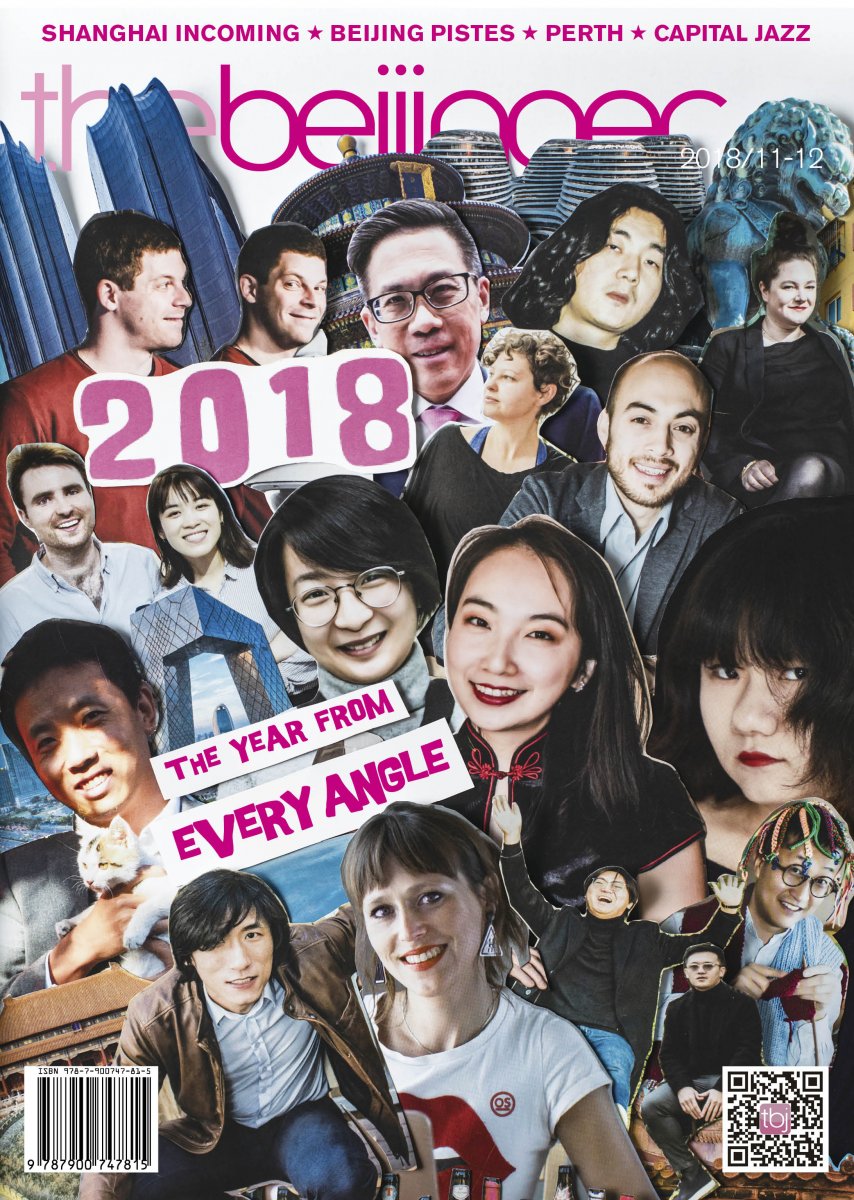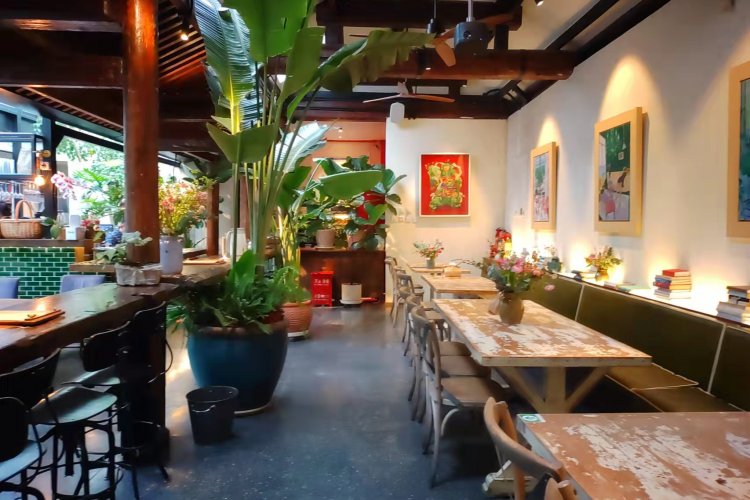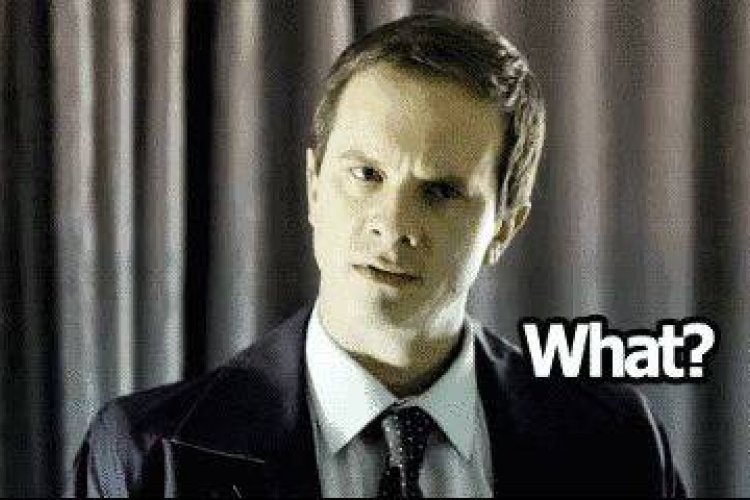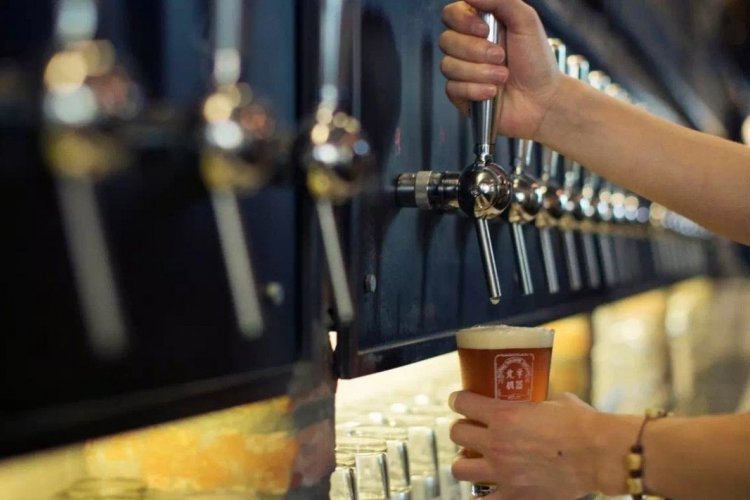Cultural Preservation Goes Far Deeper Than Bricks and Mortar for This Hutong Hero
At first glance, this year could be viewed in many ways as unexceptional, yet the first thing that struck us from conducting these interviews for The Year From Every Angle is that by and large 2018 was a year of progress.
The positivity and hope displayed among these seemingly disparate endeavors, including art, activism, mental health, and even the leisure pursuits have arisen from communities quietly coalescing around a number of shared and strengthening goals and beliefs. Though some of those objectives fell afoul of the authorities, advancements over the last 12 months have laid a solid groundwork for what looks to be a fine year ahead.
Before we gaze forward, however, it’s time to read back on Beijing’s 2018 from (nearly) every angle.
***
Name: Matthew Hu
Title: Trustee, Beijing Cultural Heritage Protection Center; China Representative, Prince's School of Traditional Arts; Co-Founder, The Courtyard Institute
2018 in 5 words: Hectic, Learning, Progress, Balance, Direction
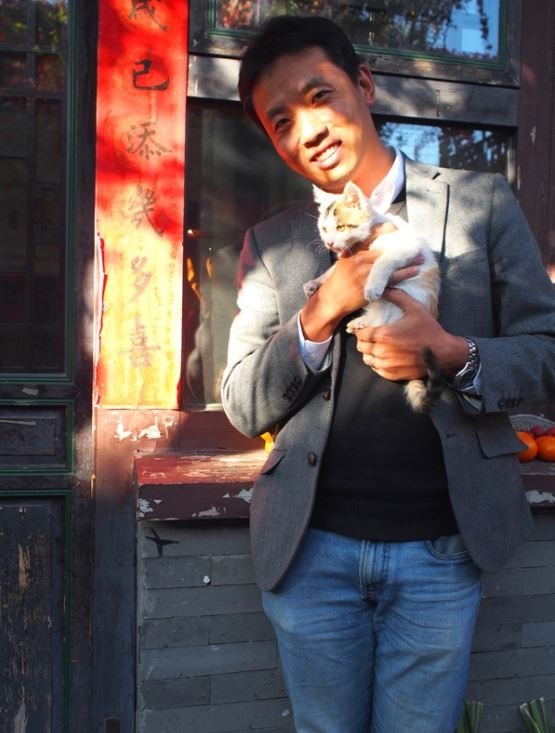
Matthew Hu has dedicated much of the past 12 years to preserving Beijing’s culture via its winding hutongs. His need to save the ancient alleyways – a tactile embodiment of the capital’s ancestral lineage – has also taken Hu on a journey to unearth what it means to be Chinese. “When you understand your cultural roots better, you have a lot more confidence … no matter how many laws we pass, no matter how much money we raise, it's the physical world that we have preserved, but any tangible heritage must also be supported by intangible heritage,” Hu explains.
It may then come as a surprise that as a preservationist, Hu sympathizes with the rampant bricking that has gripped the hutongs over the past two years, stating that it is merely a requirement to return the city’s heart to some kind of order. “There's no point in making more laws if there’s no principle that we can adhere to,” Hu says. He does, however, take issue with the process by which it has been enforced. For this, he equates the government's actions to that of an erratic driver who shows little concern for their passenger’s comfort; a byproduct of result-driven progress.
The forced closure of Capital M in September of last year is just one example of how Hu’s mission has been shaken by factors outside of his control. The Qianmen restaurant’s disappearance meant the loss of the Beijing Cultural Heritage Protection Center’s annual fundraising dinner, stalling more costly operations, as well as a major champion of hutong preservation. “The most shameful thing is that we don't have a determination to learn about what our traditional culture is. If we don't have a generation of people who care and who are practicing traditional Chinese culture then there's no way that we can really revive it,” Hu laments.
It isn’t all bleak though. A concerted effort to move the municipal government outside of central Beijing, as well as Xi Jinping’s emphasis on extracurricular cultural programs in schools, give Hu hope for the coming years: “Those are good prospects for the preservation of old Beijing and a good reason to expect that the city will be quieter and more devoted to protecting traditional culture in the future.”
Photo: Tom Arnstein


